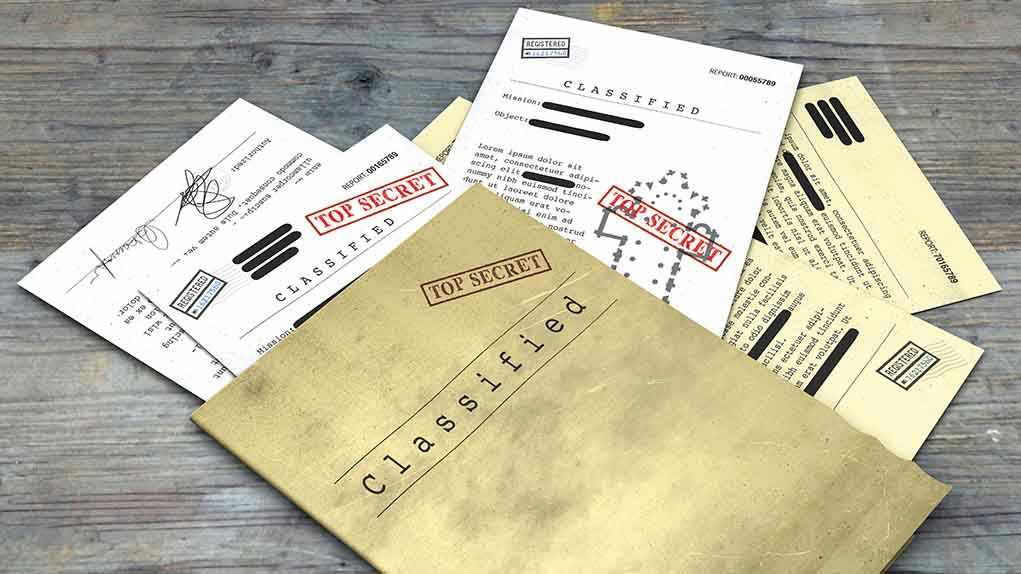
An alleged assassination attempt on Donald Trump has sparked a legal battle over national security and the rights of the accused.
Story Overview
- The alleged suspect, Ryan Wesley Routh, is denied access to classified materials in his trial.
- Prosecutors argue that disclosing this information could pose “exceptionally grave damages” to national security.
- The case highlights a rare intersection of a high-profile political figure and sensitive legal proceedings.
- The court’s decision could set a precedent for handling classified evidence in future domestic cases.
Routh’s Case and National Security Concerns
Ryan Wesley Routh, accused of attempting to assassinate former President Donald Trump, faces significant legal hurdles as he’s denied access to classified materials that could be crucial for his defense. According to the Department of Justice, releasing this information could lead to “exceptionally grave damages” to U.S. national security. This argument is seldom used in domestic criminal cases, underscoring the sensitive nature of the evidence involved.
The attempted assassination took place in July 2024 at a Pennsylvania rally, catapulting Routh into the national spotlight. His criminal history, which includes prior confrontations with law enforcement and weapons offenses, adds another layer of complexity to the proceedings. The Department of Justice’s decision to withhold classified materials is influenced by concerns over revealing intelligence methods and protecting national security interests.
Balancing Fair Trial and Security
The legal system faces the challenge of balancing Routh’s right to a fair trial against the government’s obligation to protect classified information. The Classified Information Procedures Act (CIPA) allows courts to restrict access to sensitive materials if their disclosure could harm national security. This provision, while common in terrorism and espionage cases, is rarely applied in domestic crimes involving assassination attempts.
The judiciary must navigate this complex legal landscape, often deferring to executive assessments of national security risks. This raises questions about the fairness of the trial process and the potential for appeals based on restricted evidence access. Legal scholars emphasize the rarity of invoking “exceptionally grave damages” in such cases, highlighting the delicate balance between due process and security.
Political and Social Implications
The case has significant political and social implications. Trump’s supporters express concerns over his security and the political ramifications of the attempt on his life. The broader legal community is closely watching the proceedings, as the court’s decision could influence future cases involving classified evidence. The political climate remains tense, with debates over civil liberties and national security intensifying.
Civil liberties advocates argue that restricting evidence access threatens the integrity of the justice system, while security-focused commentators support the DOJ’s cautious approach. The case also underscores the importance of safeguarding classified information and maintaining the balance between security and civil liberties.
Sources:
Department of Justice Press Release











